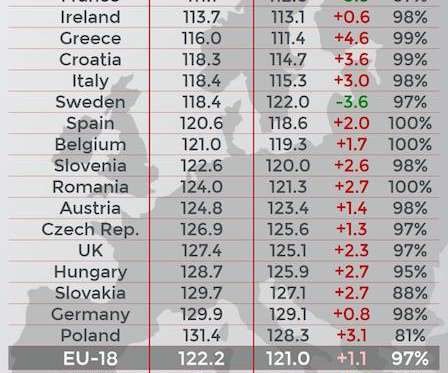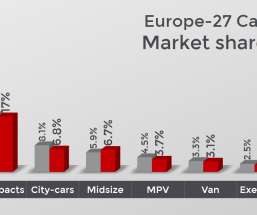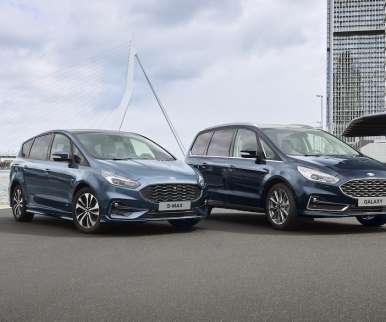JATO: new car average CO2 emissions highest in Europe since 2014; slow EV uptake insufficient to counter fewer diesels and more SUVs
Green Car Congress
MARCH 4, 2020
As expected, the combination of fewer diesel registrations and more SUVs continued to have an impact on emissions. Despite an increase of EV models contributing positively to emission levels, the move away from diesel had a negative impact, one that the market could not offset. BEVs for every diesel car registered.




















Let's personalize your content